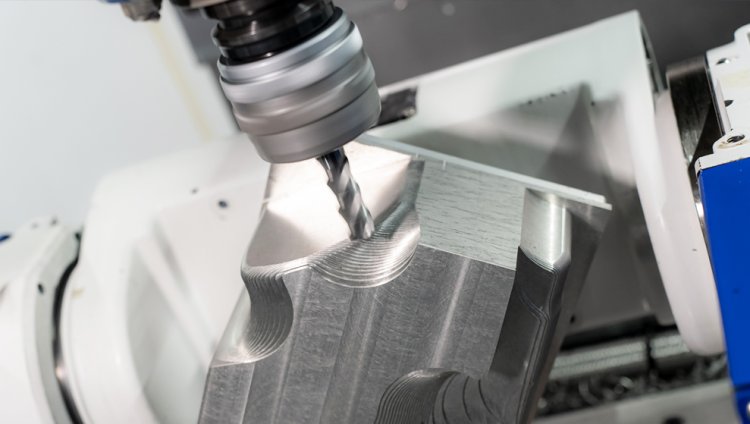The Role of CNC Machining in Precision Parts for Scientific Instruments
Scientific instruments demand an extraordinary level of precision, as their accuracy can greatly impact research outcomes. To meet this demand, CNC machining has become an essential manufacturing process for creating highly accurate parts. This technology is particularly valuable in fields like biotechnology, medical devices, and analytical instrumentation, where precision is non-negotiable.
Share this Post to earn Money ( Upto ₹100 per 1000 Views )

Scientific instruments demand an extraordinary level of precision, as their accuracy can greatly impact research outcomes. To meet this demand, CNC machining has become an essential manufacturing process for creating highly accurate parts. This technology is particularly valuable in fields like biotechnology, medical devices, and analytical instrumentation, where precision is non-negotiable.
What is CNC Machining?
CNC machining is a highly automated process that uses pre-programmed software to control machinery and tools. This ensures consistent precision in producing components, regardless of complexity. From milling to drilling and turning, CNC technology enables the creation of intricate parts with extremely tight tolerances, which are crucial for the reliability of scientific instruments.
The controlled environment of CNC machines ensures that parts are made to exact specifications, which is critical for scientific devices that must perform consistently under rigorous conditions.
Precision and Its Impact on Scientific Instruments
The accuracy of scientific instruments hinges on the quality of their parts. Even the smallest discrepancy can lead to errors in data collection and analysis. CNC machining helps prevent such issues by providing consistent and precise components that ensure the optimal function of scientific equipment.
For example, in prototyping, CNC technology allows engineers to test different versions of a part before committing to a final design. This ability to quickly produce and refine prototypes enables faster product development and reduces the likelihood of errors in the final product. In industries that rely on scientific instruments, this efficiency is invaluable.
CNC Machining for Prototyping
Speed and precision are critical during the development phase of new scientific equipment, and this is where CNC machining truly shines. The rapid production of accurate prototypes enables researchers and engineers to test, refine, and finalize designs more efficiently. With CNC prototyping, design iterations happen quickly, leading to shorter development cycles and faster innovation.
This ability to create functional prototypes in a short time frame is essential for scientific industries, where the demands for new technology are always evolving. Whether it's creating a small component or testing a full assembly, CNC manufacturing can deliver precise results every time.
The Advantages of Local CNC Machining
Finding CNC machining services nearby can make a significant difference in terms of lead times and accessibility. When looking for "CNC machining near me," local providers can offer more personalized service, quicker turnaround, and the opportunity for close collaboration on projects. This is especially beneficial for prototyping, where changes and adjustments may need to be made on short notice.
Working with a local CNC manufacturer also minimizes shipping times and can lead to cost savings, making the entire development process smoother and more efficient.
Milling Machining for Complex Parts
Among the various techniques available in CNC manufacturing, milling stands out for its ability to produce complex and detailed parts. Milling machining involves using rotating cutters to precisely shape materials, which is crucial for crafting components with intricate geometries often required in scientific instruments.
Whether it’s the casing for a sensitive device or an internal mechanism that requires exacting specifications, milling ensures that each piece fits perfectly and functions as intended. This precision is particularly important in sectors where even the smallest flaw can have significant consequences.
Conclusion
CNC machining plays a vital role in the production of precision parts for scientific instruments, offering unmatched accuracy, efficiency, and reliability. From rapid prototyping to full-scale production, this technology supports the development of instruments that are essential to scientific progress.
For those in need of high-quality, precise components, working with an experienced CNC manufacturer like RPWORLD can make all the difference in ensuring that your scientific instruments meet the highest standards of performance and reliability.















